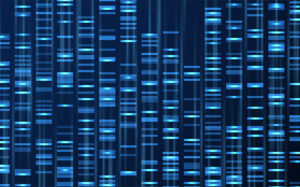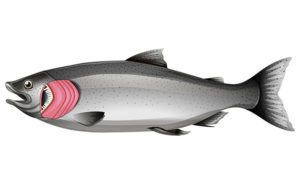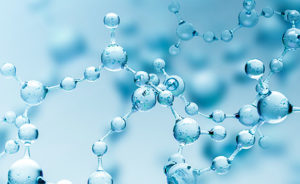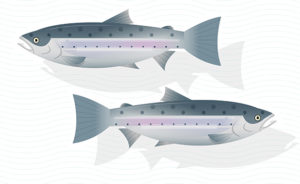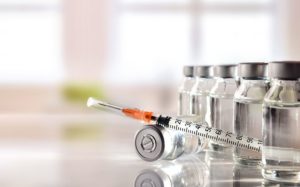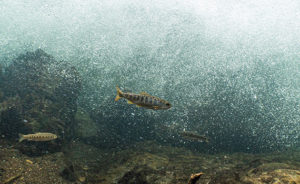SALMONIDS
New research on deltamethrin resistance could pave way for optimized sea lice treatment
New research on deltamethrin resistance in sea lice could help improve the effectiveness and reduce the costs of treating the global salmon industry’s “billion-dollar problem.”
Genetic technologies helping breed disease-resistance traits in tilapia
Tilapia farming is catching up to the salmon industry in its application of selective breeding to improve resistance against key pathogens, according to a leading geneticist.
Seeking a better understanding of complex gill disease in salmon
Researchers from Canada’s University of Prince Edward Island have received a CAD $4.7 million grant to develop an early warning system for complex gill disease on salmon farms, based on cutting-edge genetic sequencing techniques.
Scottish Sea Farms: How to reach zero antibiotics in commercial salmon farming
Aquaculture has generally seen more success in antibiotic reduction than other livestock sectors. Scottish Sea Farms have gone further, reaching zero antibiotics in 2020. How did they manage it?
Making sure salmon smolt raised in RAS are equipped for sea transfer
Recirculating aquaculture systems (RAS) are on the rise worldwide, and one of their most common applications is in rearing Atlantic salmon smolts before transfer to sea.
Bringing salmon industry knowledge to global tilapia production
Among the most economically important farmed fish, production methods, levels of technological development and the types of fish health and well-being issues faced can vary widely — and those in the industry that make a move between species face a learning curve.
Vaccine ‘work in progress’ in major aquaculture markets, Part 3: Atlantic salmon
While there are efficacious commercial vaccines available against a number of important diseases that affect Atlantic salmon, there are still pathogens for which there are currently no such options available.
Upgraded smoltification test gives Mowi greater confidence in salmon transfers
A novel gill-tissue diagnostic technology — supported by rapid laboratory analysis — has enabled salmon-farming giant Mowi to much more precisely gauge when to transfer its smolts to sea cages within its Pacific West Coast operations.
Why fish vaccines are increasingly coming in smaller doses
An interview with Dr Bjørn Brudeseth, PhD, PHARMAQ
Salmon farming’s smolt focus drives demand for novel gill diagnostic
New gill-tissue diagnostic technology is enabling Atlantic salmon producers to more accurately monitor smoltification and determine the ideal time to transfer smolt to sea, thereby helping them to improve fish survival and welfare through harvest.


